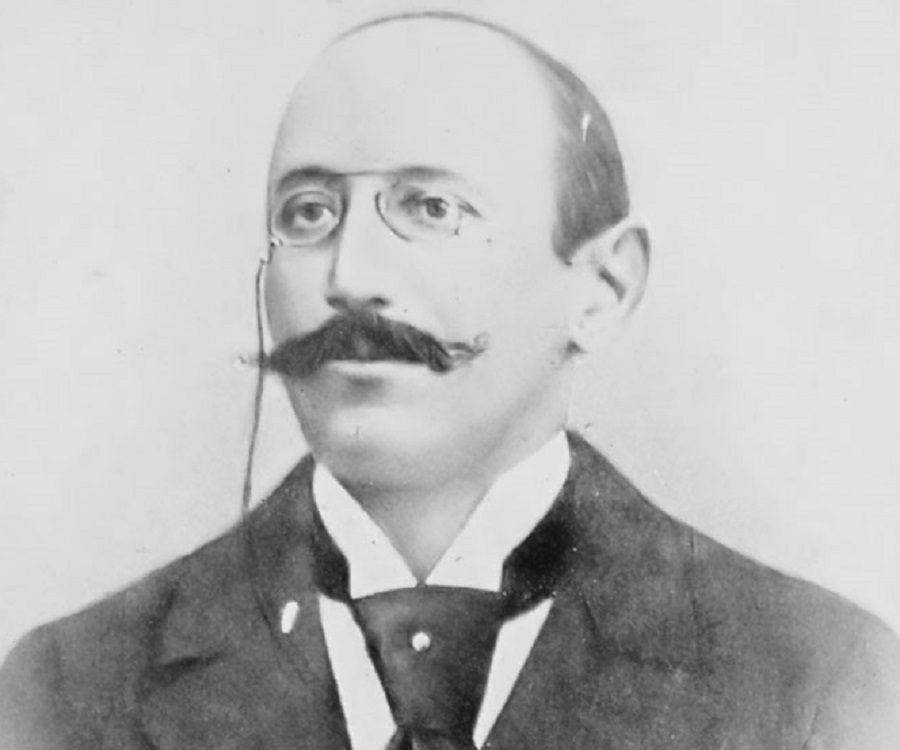

In combination with his generally argumentative nature, it would eventually result in his losing practically all of his friends, most notably the Halévy family with whom he had been very close. ĭegas’ views about Dreyfus were conditioned largely by his notorious anti-Semitism, which became progressively more strident and personal as time went by. So, for example, Monet, Pissarro, Proust and Zola were strongly pro-Dreyfus, while Degas, C é ezanne, the poet Paul Valéry and Henri Rouart were strongly against. Reflecting the wide divergence of views on Dreyfus in the community as a whole, French artists and writers were also split. He was sentenced to life imprisonment on the notorious Devil’s Island, a remote penal colony off the coast of French Guiana in South America. In late 1894, after a hasty investigation, he was convicted of high treason and publicly degraded before a jeering crowd crying crude anti-Jewish insults. Suspicion fell on Captain Alfred Dreyfus, a talented, prosperous but not very popular career officer (Fig 6). Īgainst this volatile background, evidence came to light that indicated that someone in the French army was giving secret information to the Germans. There was a considerable rise in the publication of anti-Semitic views, often vitriolically and openly expressed, accusing Jews of working against France’s interests and even plotting its destruction.

Jews formed a highly visible target, with their prominence in French public, financial and intellectual life. In these circumstances, some French people were more than ready to find someone to blame for their misfortunes. There were also continuing fears of further wars with its neighbours, Germany and England. After its ignominious defeat in the Franco-Prussian war (1870-71), and the consequent loss of Alsace and Lorraine, France had been severely shaken by the violence associated with the Paris Commune. In the 1890s, many people in France were feeling defensive, insecure, xenophobic and nationalistic. This particularly comes to the fore in Julie’s references to the Dreyfus Affair. So, for example, while Julie is obviously very fond and admiring of Renoir, she does not appear to let this colour her remarkably candid first-hand observations of his conversations and behaviour. The overwhelming impression one takes away is of an exceptionally bright, engaging and culturally aware young woman. Her memories of her father, and of the unexpected death of her mother, are recorded with great poignancy. Julie’s record of her life in the diary ranges from the trivial incidents of life through to moments of great tragedy. Renoir, in particular, took in Julie for the whole summer following Berthe’s death, showing her great kindness and taking a continuing interest in her welfare. She also received support from the family’s artist friends. Under the warm guardianship of Stéphane Mallarmé, she went to live with her cousins, with whom she was very close. Julie’s seemingly-idyllic life was shattered by the death of both her beloved parents within a three year period, leaving her orphaned at the age of 16. However, before turning to that, it is worthwhile to give some background about Julie herself. What Julie recorded about the Affair is the main focus of this article. This Affair highlighted deep and sometimes violent schisms in French society over attitudes to nationalism, tradition, loyalty, justice, individual rights, religion and anti-Semitism. What gives the diary its special piquancy, however, is that it coincided precisely with the Dreyfus Affair, one of the most famous controversies in recent French history. It provides a quite fascinating first-hand insight into the world of the Impressionists, and of France itself at the turn of the century. Fortunately for us, however, the diary has survived and has been published, in edited form, illustrated with photographs and paintings of the personalities and incidents involved. Julie’s diary was no “neat ladylike leather bound volume, but untidy notes scribbled down in old exercise books, often in pencil, the presentation as spontaneous as the contents”.


 0 kommentar(er)
0 kommentar(er)
